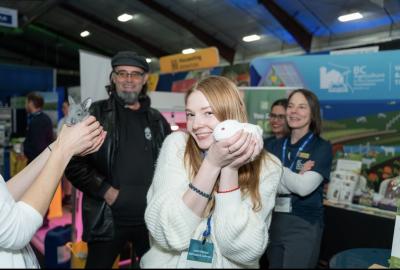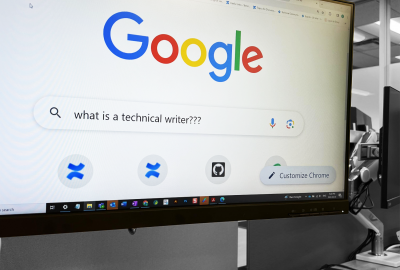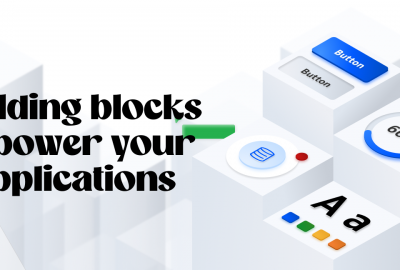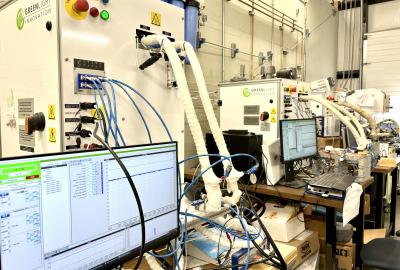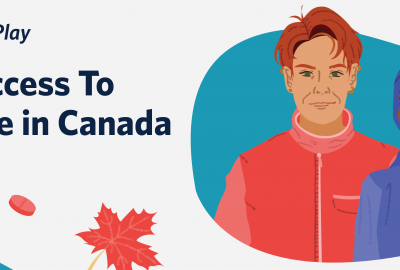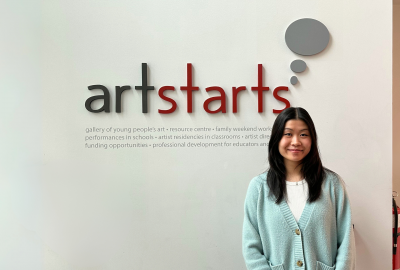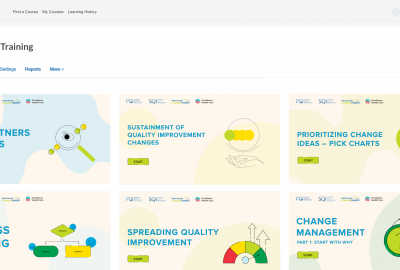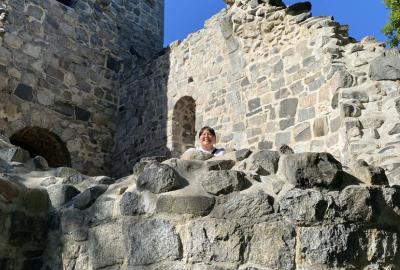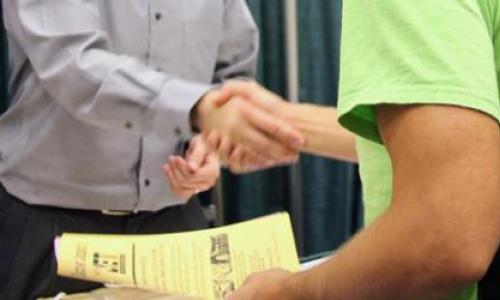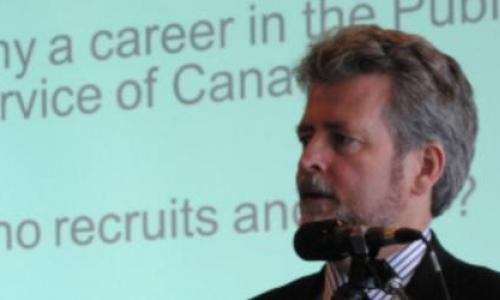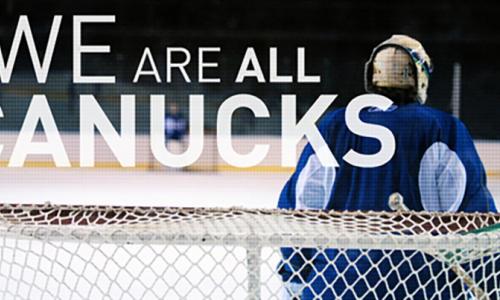
Kim Steinbart, Co-op employer, has interviewed many post-secondary students. As Provincial Fire Information Officer for the BC Forest Service, she has scoped the talent in colleges and universities province-wide in search of top Co-op students. Having been involved so extensively in this process, Steinbart has advice to share for those preparing for an interview.
According to Steinbart, the way in which a potential Co-op hire interacts with the interviewer – rather than how impressive they look on a resume - has the greatest bearing on whether or not they will be considered for a position. “Maybe they’ve done a lot of preparation one way or another before the interview, but it’s how they show that preparation that determines if they get the job. They need to be personable, somebody that demonstrates that they would get along with their co-workers.”
Steinbart notes that the most important mistake that students make in interviews is that they “don’t sell themselves enough.” In her experience, students tend to fall short when given the opportunity to show the employer how great they are and what they have to offer. “I’m not sure what it is – not recognizing the opportunity, a lack of confidence, not wanting to sound overly confident,” she remarks. “It doesn’t matter if the only experience the candidate has is working at McDonalds. Selling yourself comes down to knowing what your transferable skills are and knowing how to speak to the value of that experience. Perhaps you dealt with difficult customers in your job – this is a skill that can be used in different jobs.”
On the other hand, Steinbart comments that often a student will possess great work experience with a notable employer, but will fail to mention this in the interview. As she explains, interviewers have reviewed many applications prior to meeting their candidates and thus, realistically, they do not remember every detail that was on paper. “Don’t assume that we automatically remember who you are. We have read lots of cover letters and resumes and we need a reminder to associate a name to a face. Then we’ll think, oh yeah, I remember reading that.”
Kim's Quick Tips for Success:
-
Ask questions as it shows an interest in the job
-
Remember body language, in particular, sit up straight – it not only makes your appear more professional but usually makes you appear more interested.
-
Use a professional email address, even if only used for job hunting.

